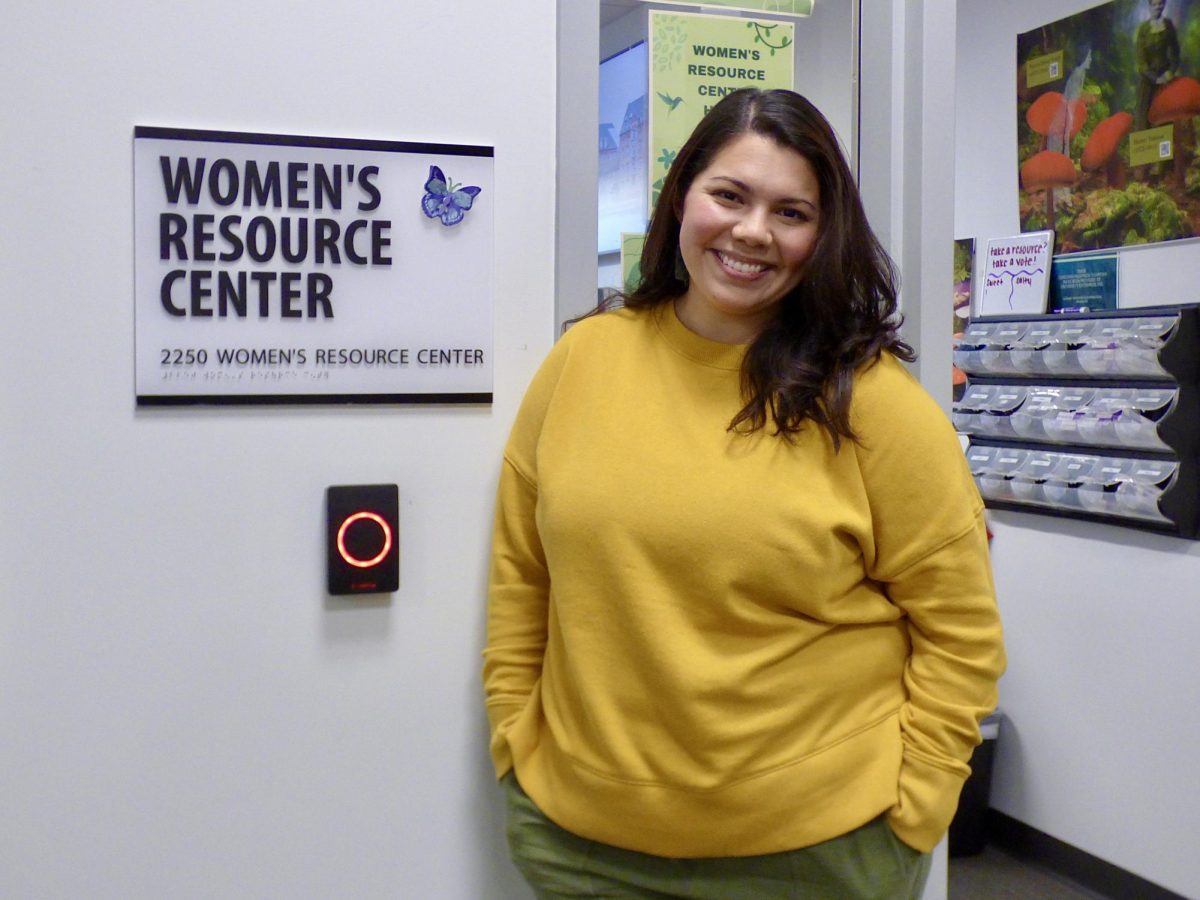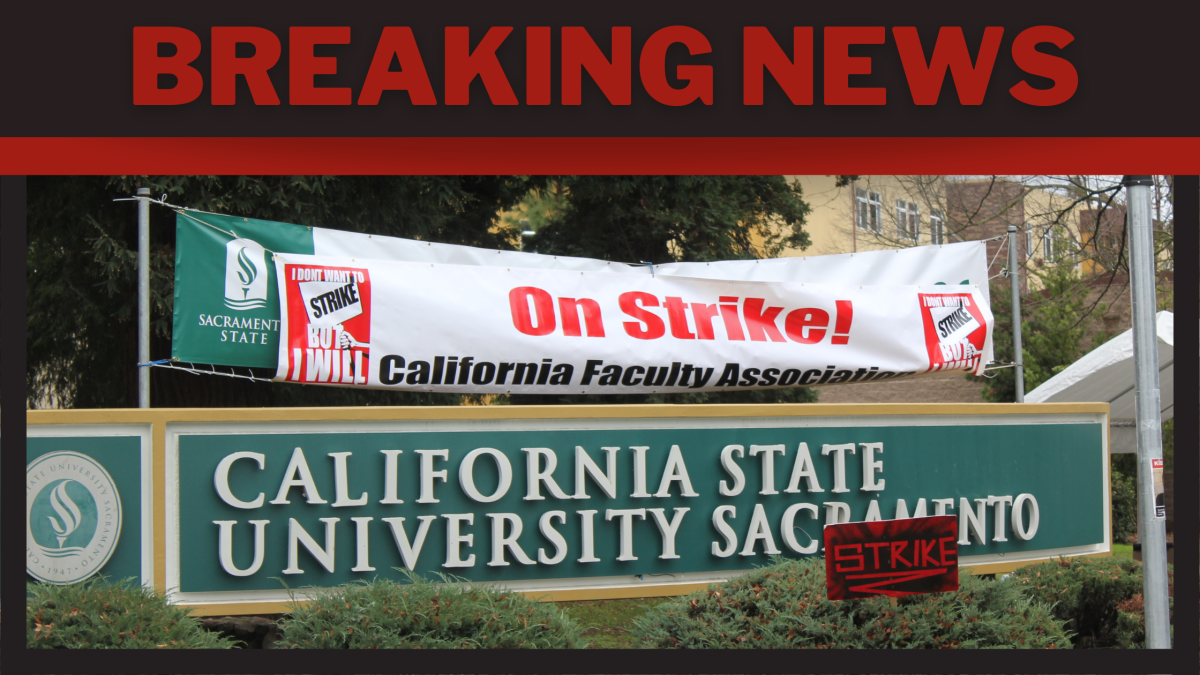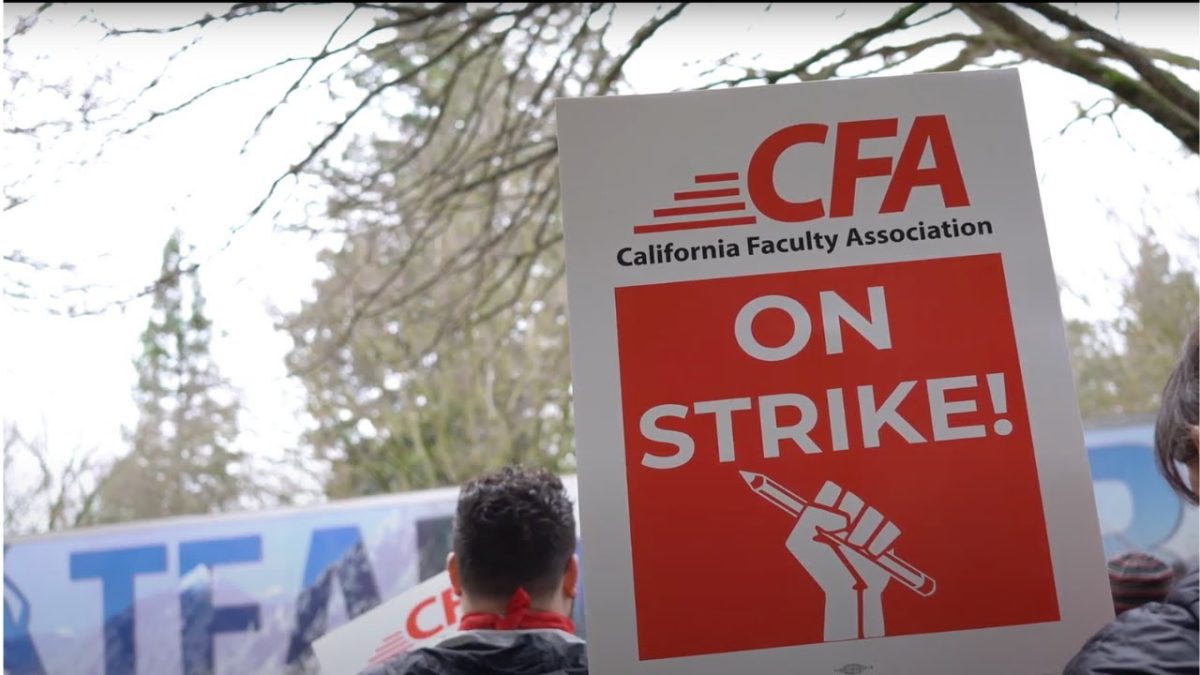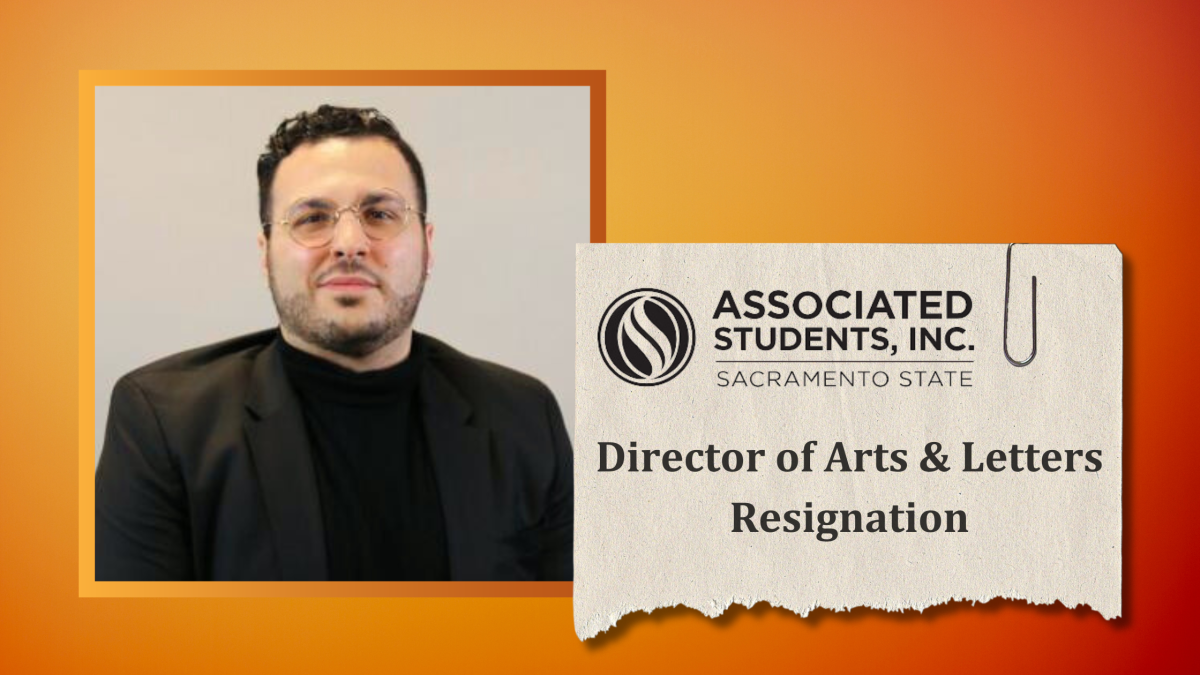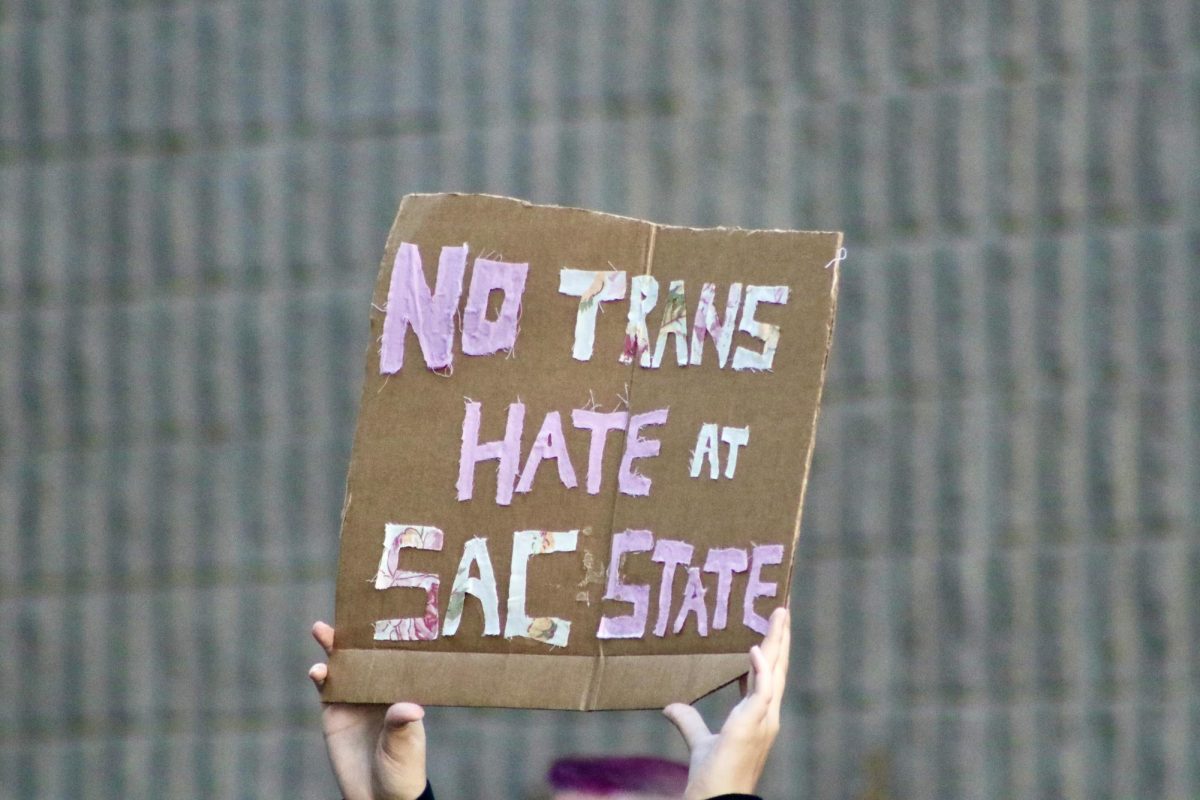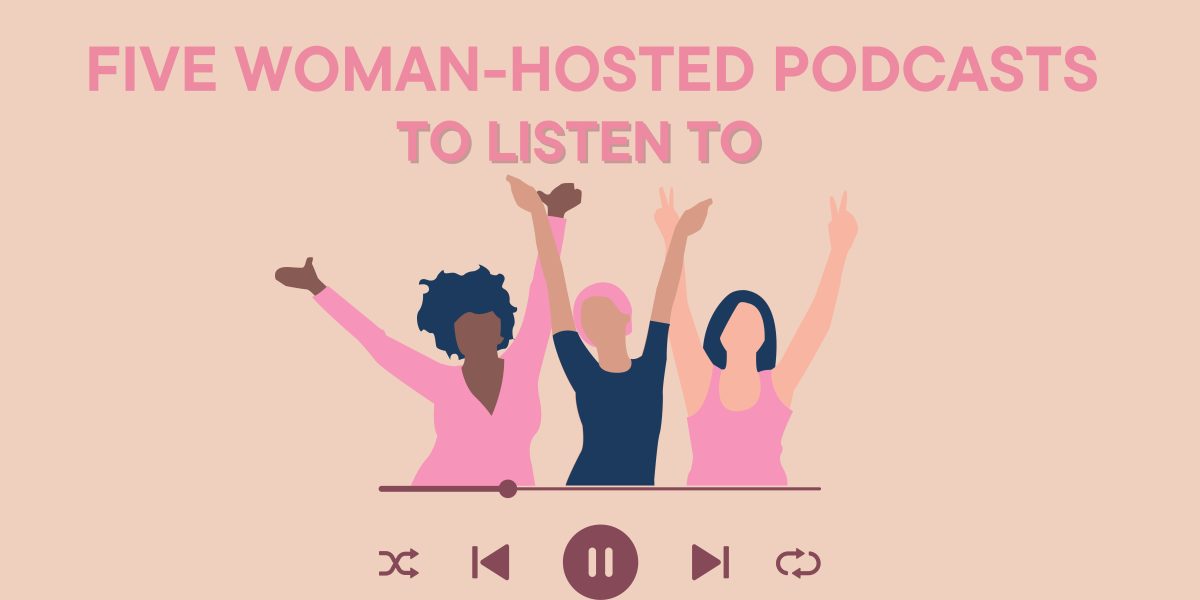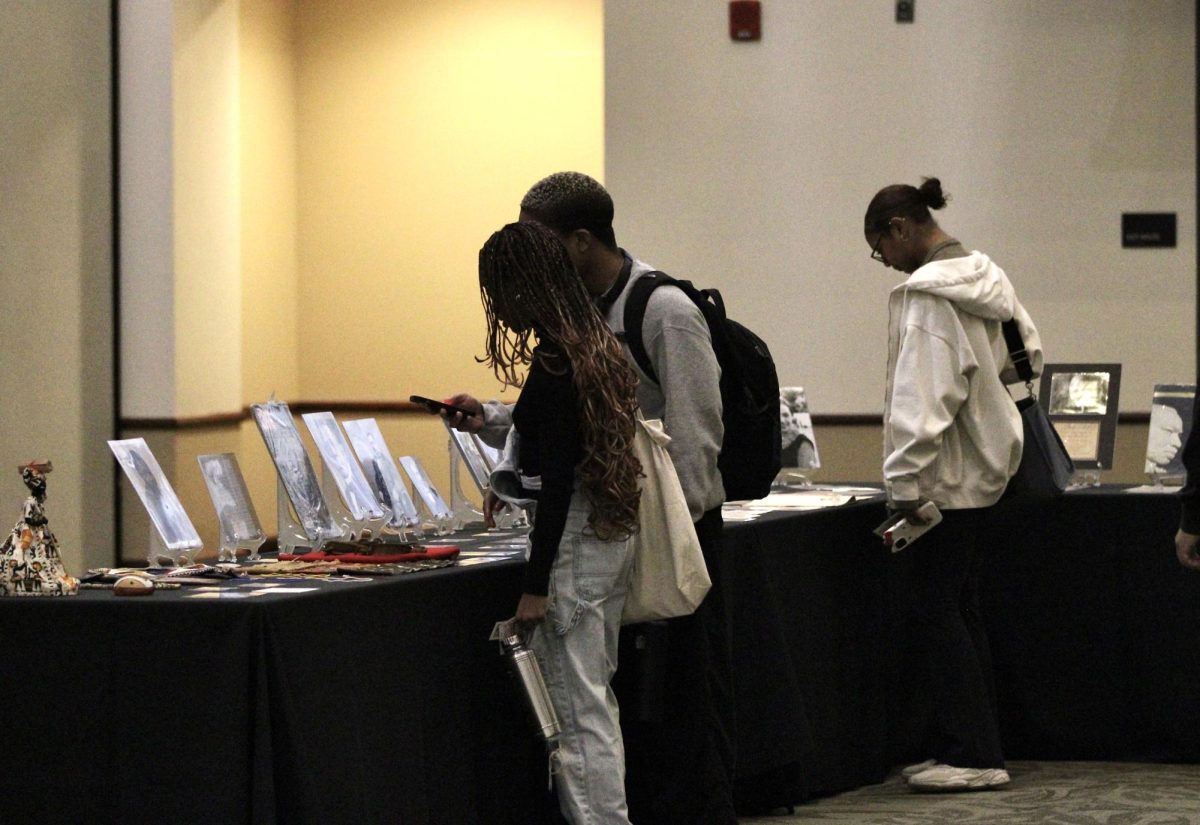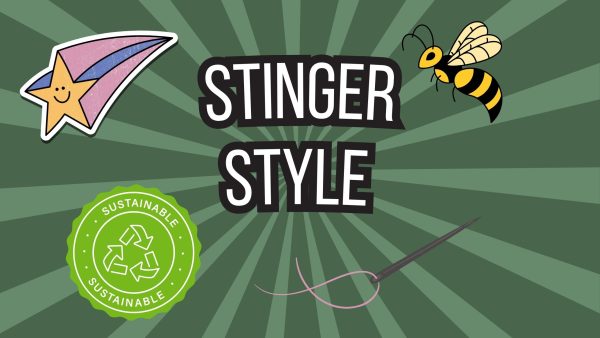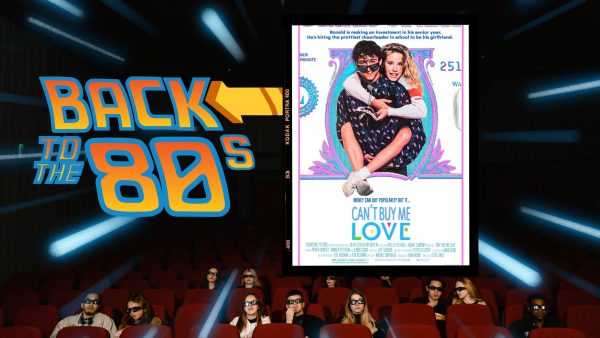Take some steps to protect privacy
May 8, 2013
Social media has redefined what this generation considers personal or private information. Facebook has become a public forum for drunken nights, first dates and unrelenting rants for all to see – including your employer.
Assembly Bill 25 has made it illegal in California for a potential employer to ask for an employee’s password to his or her social media sites, but if an account is open to the public, there is nothing stopping an employer from passing judgment on the potential employee’s life outside of the work place.
Five other states, according to the human resources website TLNT.com, provide privacy protection from an employer. These states are Delaware, Illinois, Maryland, Michigan, and New Jersey. Twenty-one states have legislation pending on the same concerns for social media privacy.
While we all should be judged on our previous work experience, recommendations and education history, a public Facebook account can be much too tempting to an employer.
“It’s usually between people we are very interested in, maybe two or three candidates; the office manager in the past has gone on and typed in the name and looked to see what they have on their Facebook,” said Prudential Reality’s San Francisco office Sales Manager Kelley Broderick. “It has affected (the) opinion on whether this person would be a good fit for the office.”
Social media websites have become a well of useful and completely pointless tidbits of our life. Any given Facebook profile can reveal our sexual orientation, where we live, those closest to us and the pop culture we consume.
“Privacy is definitely going away,” said junior psychology major Scott Holtfreter. “Sometimes you can track an entire person throughout their day if they update (his or her) profile frequently.”
This is not to mention the countless photos that can be found on a profile that speak louder than a list of movies you like to watch.
“I have personal pictures of my friends (on Facebook) and I don’t think people should see them,” said freshman biology major Yalda Zarghami. “I think where we live, where we work and people who we have contact with should be private.”
Partying and having a good time is nothing new, but before the Internet, an employer had only a resume and letters of recommendation to base his or her decision on.
Additionally, while a profile might say a lot about a person’s character, it does not say everything. If an employee can drink all weekend and spout off distasteful comments Friday to Sunday and show up on time Monday to do his or her job well, the rest should be irrelevant.
“My Facebook doesn’t reflect what kind of worker I am at all. What people would read or see in pictures would not say anything about me work wise,” Holtfreter said.
Luckily, there is a simple solution to this problem: Putting a profile on private will halt any employer or undesired people from viewing the account.
Privacy is an underrated privilege in 2013. Giving away precious information about your life for free and making it accessible to everyone eliminates real human interaction. There’s a reason old friends from high school haven’t called in a while to catch up: They are tracking your life on the computer.




